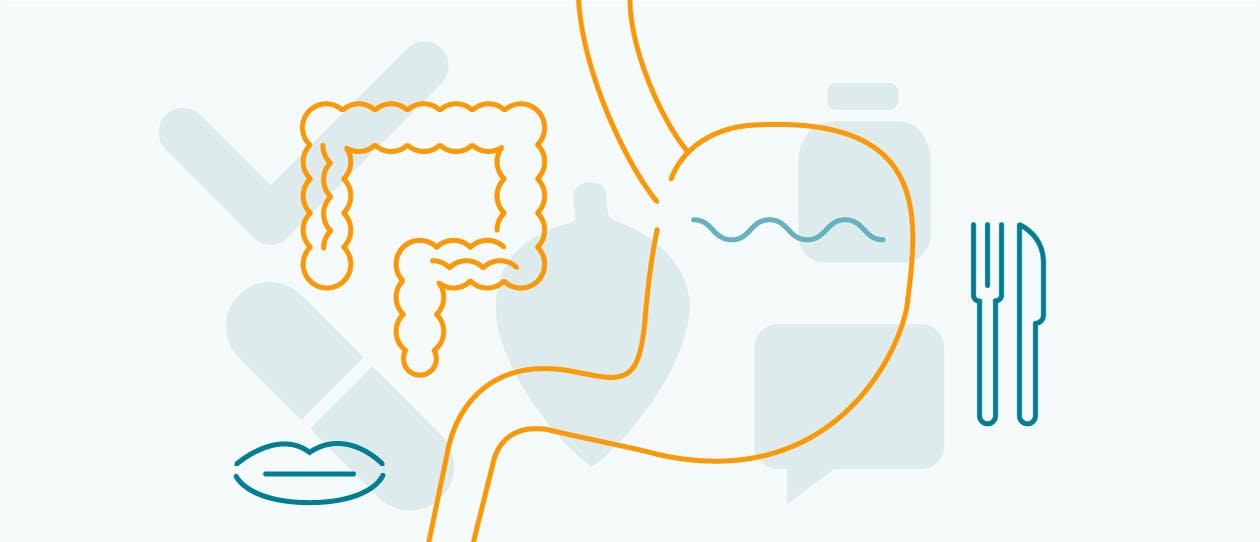


- Loose, watery or unformed stools
- Frequent passing of stools
- Urgency (the need to go to the toilet without delay)
- Abdominal cramping (colic) and pain may occur, and in some cases nausea and vomiting may be present
In most cases, an acute episode of diarrhoea will resolve itself within 48 hours without medical intervention.
Diarrhoea of longer duration or that is accompanied by more severe symptoms (e.g. pain, fever, vomiting, excessive thirst, decreased urination, or the presence of blood or mucus in the stool) should be investigated by a doctor immediately.
Medical advice should also be sought if the patient is a child, elderly, or has a chronic medical condition (e.g. heart or kidney disease).
Diarrhoea can occur from a wide variety of causes. Some of the most common include:
- Food poisoning
- Gastroenteritis and other forms of gastrointestinal infection. Viruses are responsible for most cases.
- Stress
- Food intolerance and allergy (for example, diarrhoea is a common symptom of lactose intolerance, which is caused by a deficiency of the enzyme lactase, resulting in an inability to digest lactose)
- The use of certain medications, including antibiotics
Chronic (ongoing or recurrent) diarrhoea should always be investigated by your doctor, as it may be symptomatic of a number of underlying health problems, including irritable bowel syndrome and coeliac disease.
- Severe or ongoing diarrhoea should be investigated and treated by your doctor. The following diet and lifestyle suggestions are recommended as supportive measures for mild, self-limiting episodes of diarrhoea, and are not intended to replace medical advice.
- Prevent dehydration by drinking plenty of fluids. It may also be advisable to take an electrolyte replacement formula, available from your pharmacy.
- Many cases of diarrhoea are infectious, and are caused by poor hygiene or food handling practices. Maintaining high levels of personal hygiene will help prevent infectious diarrhoea, and limit its transmission to others. For example, always wash your hands with soap after going to the toilet and before handling food, and don’t eat food that has not been well refrigerated and well cooked.
- While suffering from diarrhoea, stick to a bland diet that contains starchy foods such as bread, rice and bananas.
- Avoid spicy and fatty foods, and don’t drink alcohol.
- Don’t give children fruit juice when they have diarrhoea, as it may trigger or exacerbate the symptoms.
- If you suspect your symptoms are due to an allergic reaction or food intolerance, work with your healthcare professional to identify the foods that trigger your symptoms.
Seek urgent medical advice if:
- An adult experiences diarrhoea lasting for more than 48 hours, or with severe symptoms. Pain, fever, vomiting, excessive thirst, decreased urination, or the presence of blood or mucus in the stool should always be medically investigated. Diarrhoea in babies and children, the elderly, and those with chronic health problems should be investigated more quickly.
- The stool contains blood or mucus, looks like it contains coffee grounds, or diarrhoea episodes alternate with bouts of constipation.




